At the K.C. Irving Environmental Science Centre and Harriet Irving Botanical Gardens, we investigate the natural world through environmental study in the Acadian Forest Region and its wetlands.
The Harriet Irving Botanical Gardens offer an exceptional opportunity for researchers to work within a living laboratory. This setting and its extensive resources – laboratories, gardens, greenhouses, and a world-class herbarium and seedbank combined with local businesses and agricultural partners – support students and faculty in leading-edge research.
Phytotrons, growth chambers, and mesocosms provide researchers with highly adaptable systems to understand the effects of environmental change and impacts associated with global warming. The Wetland Research Laboratory is specially equipped for the study of our unique Gulf of Maine/Bay of Fundy macrotidal environment. The hands-on study that these facilities provide is supported by analytical laboratories focused on the study of contaminants in the environment.
Student and
Faculty Research
To help inform the public and other students of the research that is being conducted In the K.C. Irving Centre, we ask researchers using the facility to prepare small informative posters, highlighting the nature of their early stage research projects.
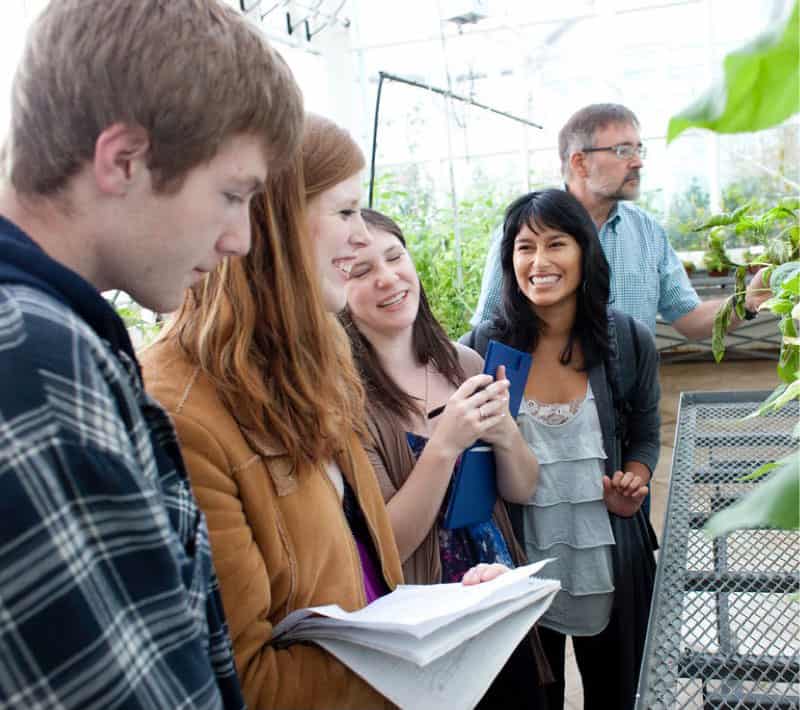
-

Assessing climate change risk of native Nova Scotia flora
See My StoryObjectives: With temperatures warming, we expect to see that some species will shift their flowering times to earlier in the year. Species that are able to shift their flowering times in line with climate change are thought to be less at risk from climate...
-
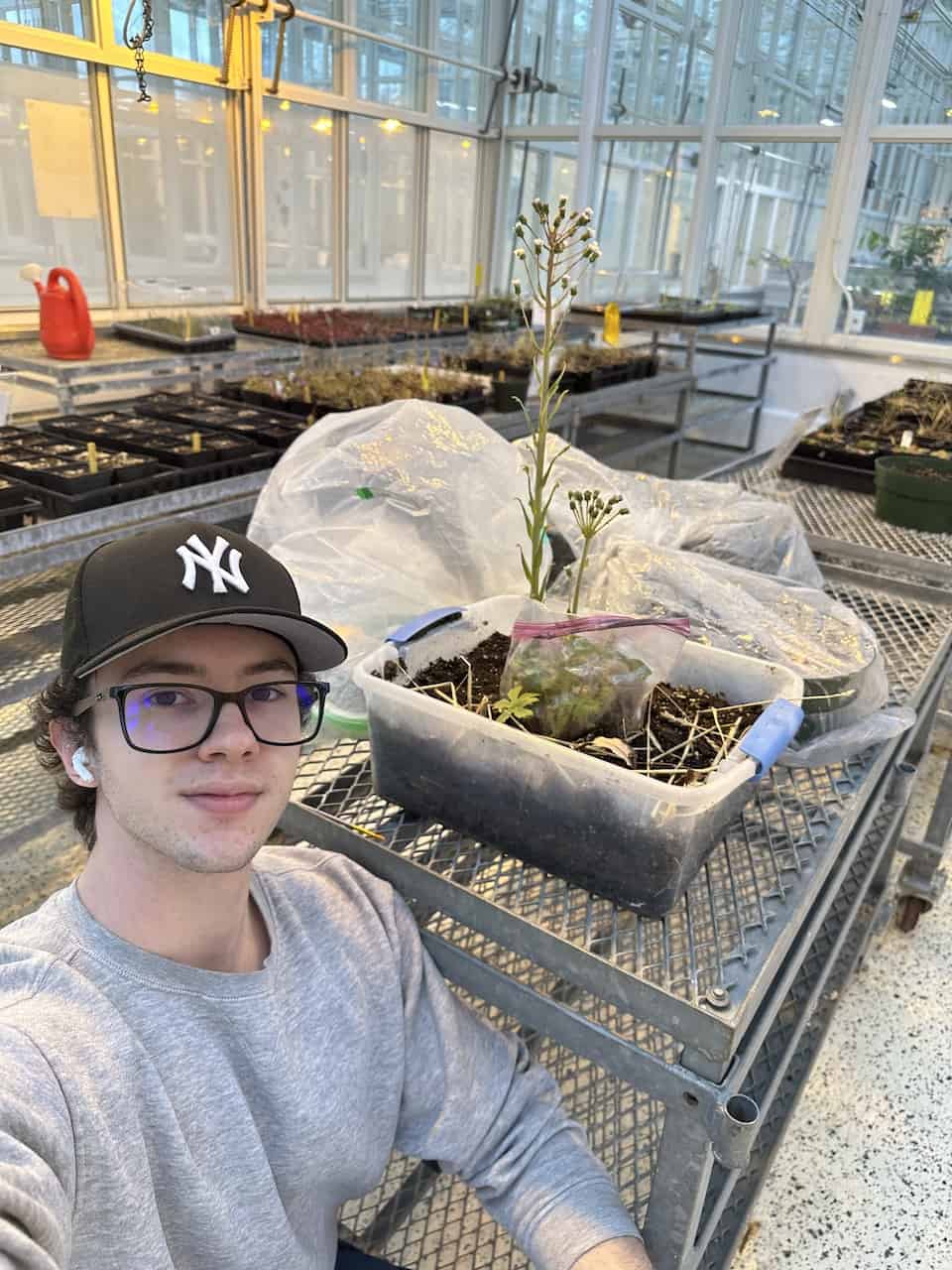
Viability and Germination Testing of Iva frutescens; Propagation Success of Petasites frigidusvar. palmatus Through Rhizome Cuttings
See My StoryObjectives: Seeds of Iva frutescens were collected at the Wolfville mud flats. Seeds were placed into germination trays to test germination rates. The seeds were tested for seed viability using tetrazolium chloride, a chemical that will turn the embryo red/pink when the seeds are viable and respiring. Rhizomes of Petasites frigidusvar. palmatus were cut...
-
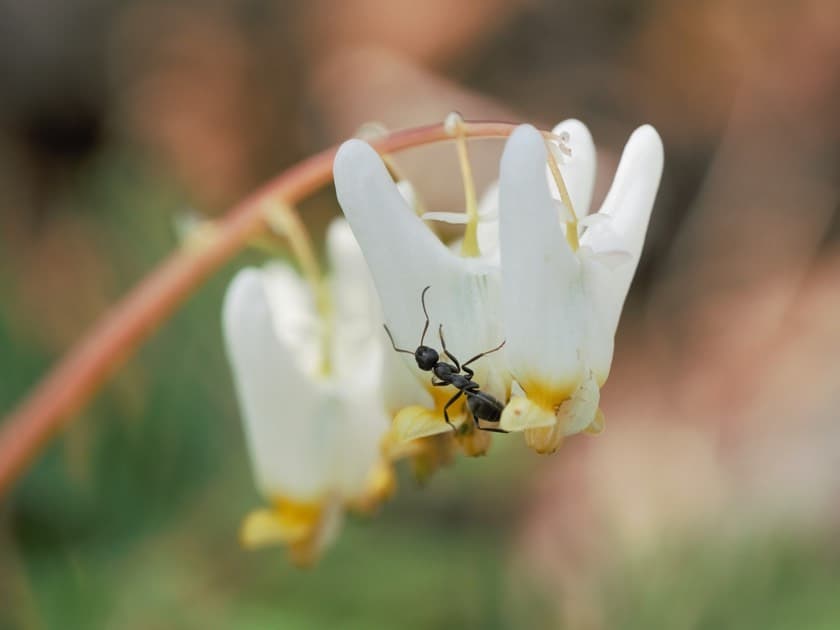
E.C. Smith Herbarium
Learn MoreThe E.C. Smith Herbarium houses the largest collection of dried plants and fungi in Atlantic Canada. These preserved plant specimens and associated data are available for scientific study and maintenance of biodiversity, particularly within the Acadian Forest Region.
-
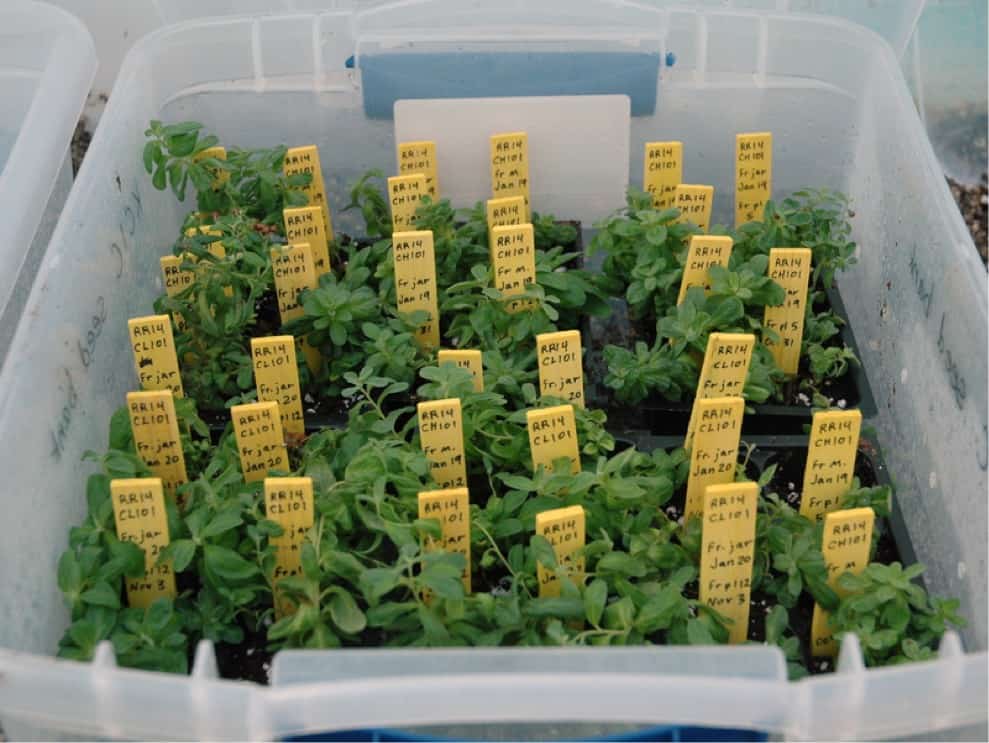
Seed and Tissue Bank Programs
Learn MorePlant biodiversity is threatened around the world, and our Acadia Seed Bank is a model for preserving it.
-
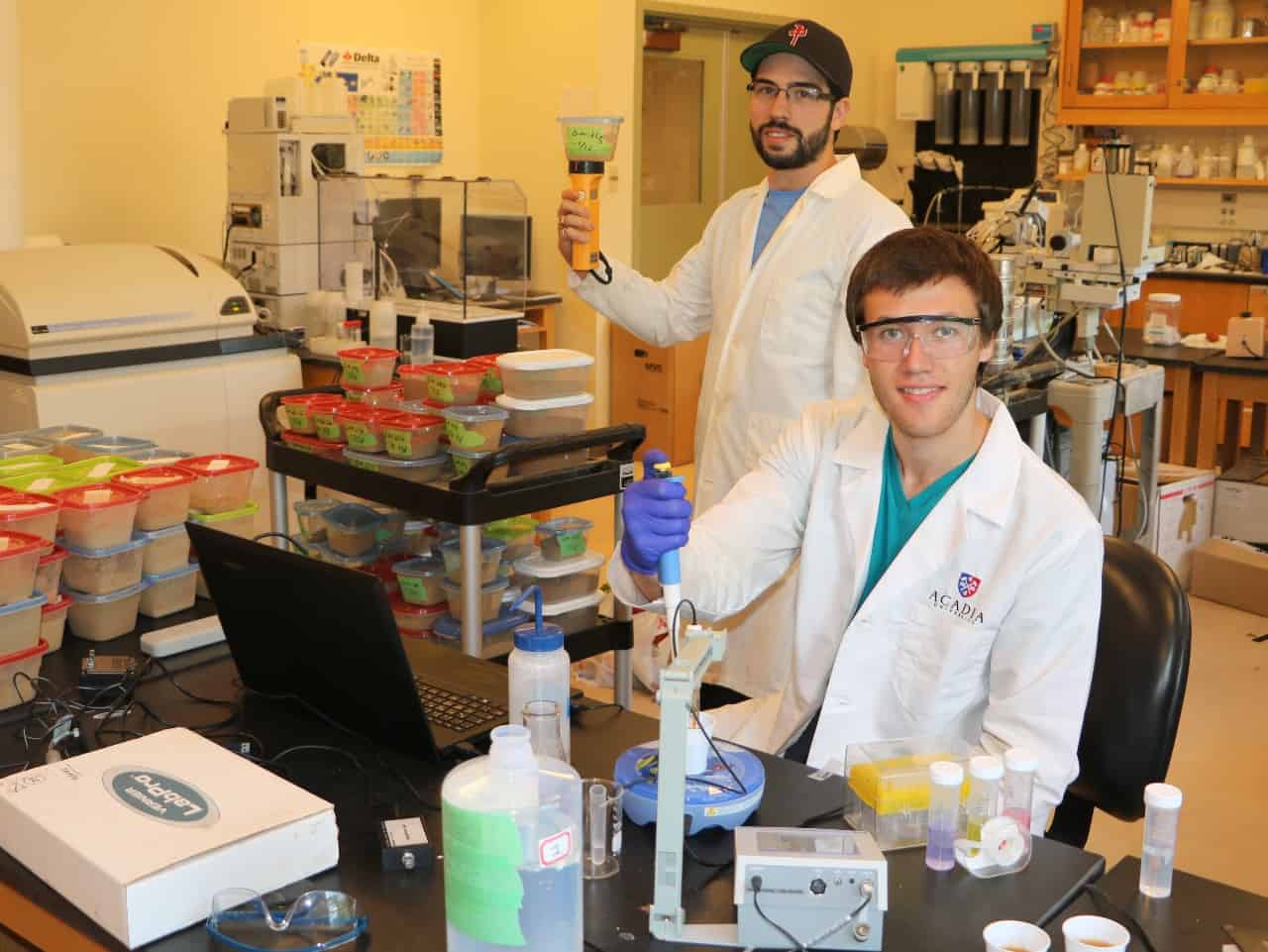
Analytical Labs
Learn MorePollution is among the most serious threats to the natural world. Our interdisciplinary lab space brings together faculty and students from the chemistry, environmental science, biology, and engineering departments to study and measure environmental contaminants to provide the information required for effective management and remediation.


 Acadia University
Acadia University